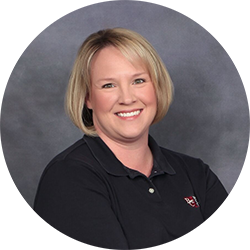Focus on Overdrafts
With the recent release of two reports related to overdrafts, the CFPB also announced enhanced supervisory and enforcement scrutiny of those heavily dependent on overdraft fees.

The CFPB is concerned that many institutions have become “hooked” on overdraft fees.
While the reports themselves don’t include any recommended or suggested actions, they are full of statistics to support the CFPB’s concerns of the perceived reliance on overdraft and non-sufficient funds (NSF) fees. They also include information on the different types of fees, amounts, and their prevalence.
This study found that overdraft and NSF fees account for approximately two-thirds of fee revenue. While there are some variances in the reliance on overdraft/NSF fees, that reliance is “very persistent”.
This provides information on average overdraft fees, overdraft revenue, continuous overdraft fees, and opt-in rates, as well as the prevalence of different fee waiver policies, etc. The CFPB calls it, “the most detailed and wide-ranging quantitative data…collected on overdraft policies, practices, and outcomes at small financial institutions.”
Over the years, we have seen plenty of guidance, best practices, and even regulations concerning overdrafts. It’s hard to say when, or if, we may see more, but it’s clear overdrafts are still on the CFPB’s radar. Regardless, it’s a good idea to take this as a warning shot and make sure your overdraft practices are in order.
If you need a refresher or want to review ways to mitigate risks associated with overdrafts, check out our All About Overdrafts webinar.
Published
2021/12/10

Amy Kudlacek
Amy brings many years of banking and compliance experience to Banker’s Compliance Consulting. She has worked for both large and small financial institutions and spent time working in every area of a bank. She started out as a teller in college and eventually became a branch manager. Her love, however, was always compliance. Amy began her career with Banker’s Compliance Consulting in 2000. Her knowledge and experiences have allowed her to develop a well-rounded and practical approach to regulatory compliance. Amy is CRCM certified, has a Bachelors Degree in Business Administration and is a graduate of the ABA Compliance School. Amy & her husband have two children at home and stay busy following their activities. They spend a lot of time in the bleachers!
